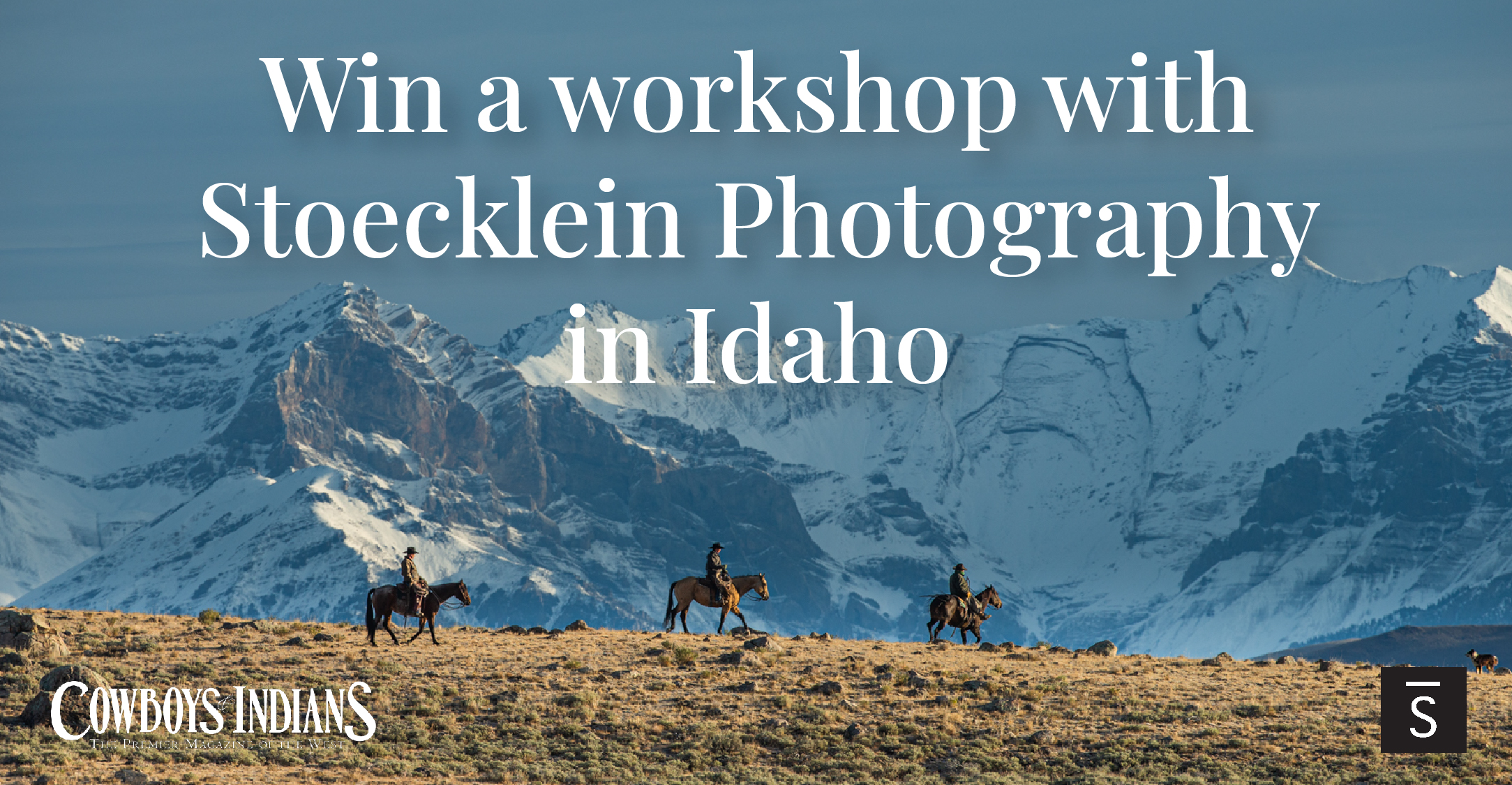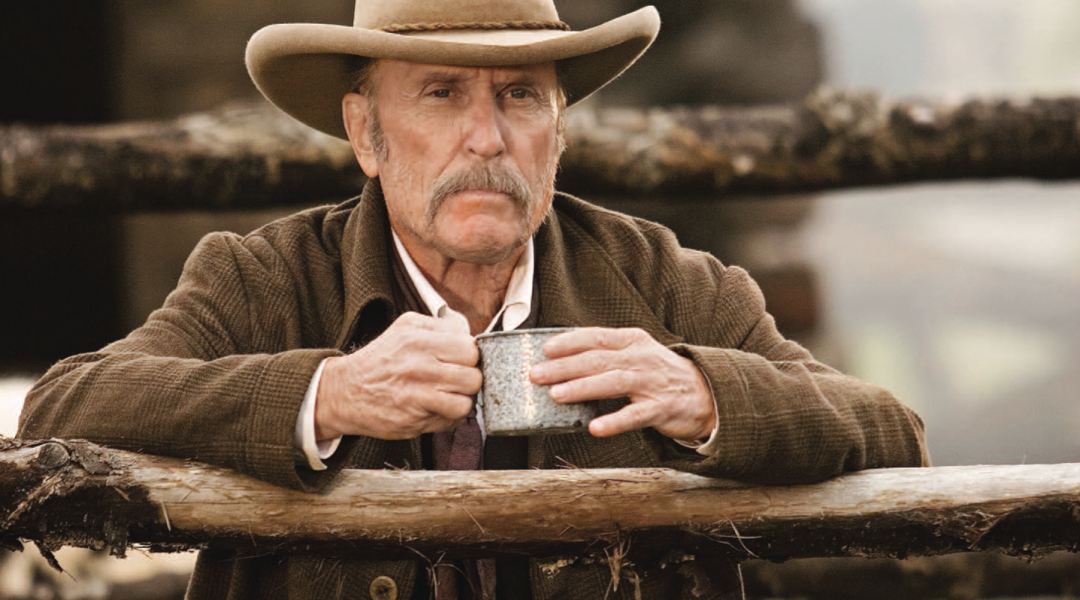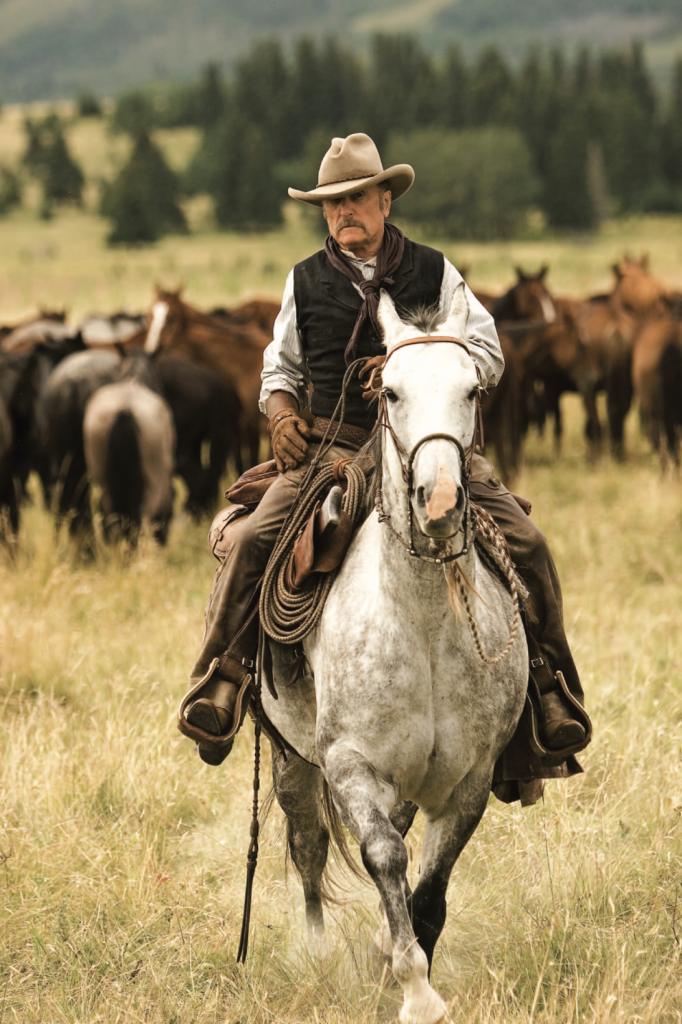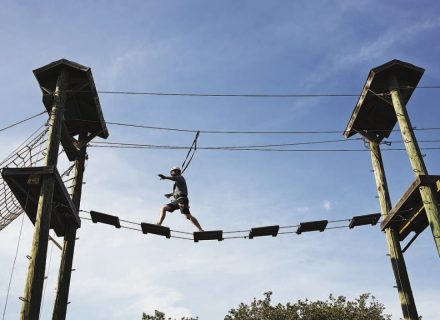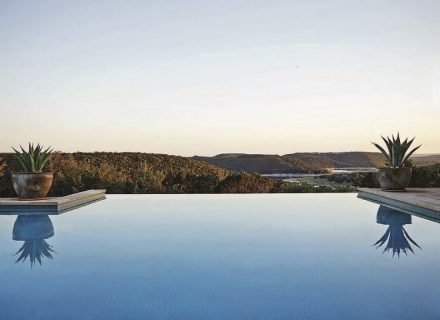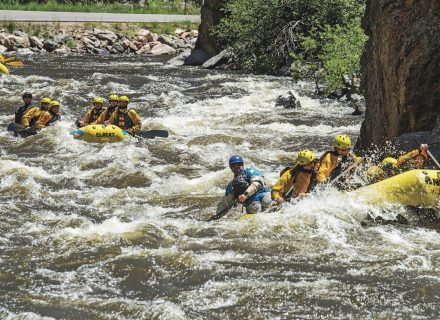We interview the actor on the eve of his lifetime achievement honor at the Western Heritage Awards.
Robert Duvall could have been a cowboy.
Of course, the millions of moviegoers and TV viewers who have seen him in such classics as Lonesome Dove, Open Range, and Broken Trail might assume that he actually is a cowboy, and has been one for most of his life. But, well, that’s why they call it acting.
“I represent cowboys, as opposed to really being one,” Duvall modestly insists during a recent C&I interview. “I’d have been one for real if I hadn’t gone into acting, and stayed at my uncle’s big cattle and sheep ranch up in the sweetgrass fields of Montana. That’s where it all kind of started for me.
“But as it happened, I just represent cowboys a lot of times. I’ve tried to represent them as best as I can in the work I do, or have done.”
Which is a major reason why Duvall has been singled out for a special honor during the Western Heritage Awards at the National Cowboy & Western Heritage Museum in Oklahoma City. He is scheduled to receive the prestigious lifetime achievement award.
“My uncle, if he were still alive — he’d love that,” Duvall says. “Like I told you, he was a rancher in Northern Montana. And I can remember stuff that happened and things I saw at that ranch when I was 12 or 13, near the end of World War II. I can’t remember stuff from two weeks ago sometimes, but I remember things specifically from my uncle’s ranch. Things I learned and things that I experienced. It was just terrific.
“The best cowman he ever had was from Scotland. He was named Jimmy Marson, and he had a phenomenal quarter horse. I’d seen him rope a baby coyote. And then one day, I saw him take off full speed, and cut off and touch an antelope on the neck. He was amazing. We’d pitch horseshoes every night. It was just great.”
Other highlights from our conversation with Robert Duvall
Right from the start of production for Lonesome Dove, Duvall knew he was part of something extraordinary.
“I’ve had that feeling only twice in my career. When I did the first Godfather, and then Lonesome Dove. I remember I went into the lunch tent while we were making Lonesome Dove, and I said, ‘Boys, we’re making the Godfather of westerns.’ I felt we were doing something with the size of a film, even though it was — quote, unquote — television. It’s funny: For a long time, whenever people talked about the great westerns, they didn’t mention Lonesome Dove. They just mentioned movies, per se. But you’ve got to mention television. Some of my best work has been on television.”
To live and die in westerns ...
“I also liked the one I did for AMC up in Canada — Broken Trail, with Thomas Haden Church and the five Chinese girls. That’s right up there, one of my favorites. I think 30 million people saw that for AMC. Made it with [director] Walter Hill. Funny thing is, I’d worked with him on [Geronimo: An American Legend] years earlier. Well, that was interesting because he called me back to reshoot a scene, to kill me. [Laughs.] I said, ‘Look, I’ve died enough.’ I’d already ridden off into the sunset. But then they decided that the movie needed a death scene, so they brought me back for that, and it worked out OK. In fact, after [Geronimo] came out, I got a letter from [Marlon] Brando. Of course, we all looked up to him so much, so very much. And he wrote in the letter how much he was moved by that death scene. So there you go. You never know.”
Making Open Range with Kevin Costner was a painful experience. Literally.
“I enjoyed it. But I busted some ribs before I did it, and they healed just in time. So I couldn’t do a lot of my own riding like I like to do. So it was a tough shoot after having gone through that injury. But it was an interesting project. Definitely.”
At 89, Duvall has no plans to retire. None at all.
“I just did a small part, a teeny part, for a movie they were shooting down in Texas — 12 Mighty Orphans, about these kids in a Masonic Home orphanage who won all these football games. They called me up and I told them, ‘I’ll do a little part. We won’t write it. We’ll just improvise it.’ So we made up a little part, and that was fun. It’s a nice little story. And I’ve got a few other things I’m looking at. But I’ve got to make sure I can do them. I admit, I don’t have the energy I used to. But I’m still kind of up for new things.”
Find out more about the Western Heritage Awards, including how to stream the ceremony, at nationalcowboymuseum.org/western-heritage-awards.
Photography: Images courtesy Photofest/AMC, MPTV/Chris Large
From our May/June 2020 issue.




